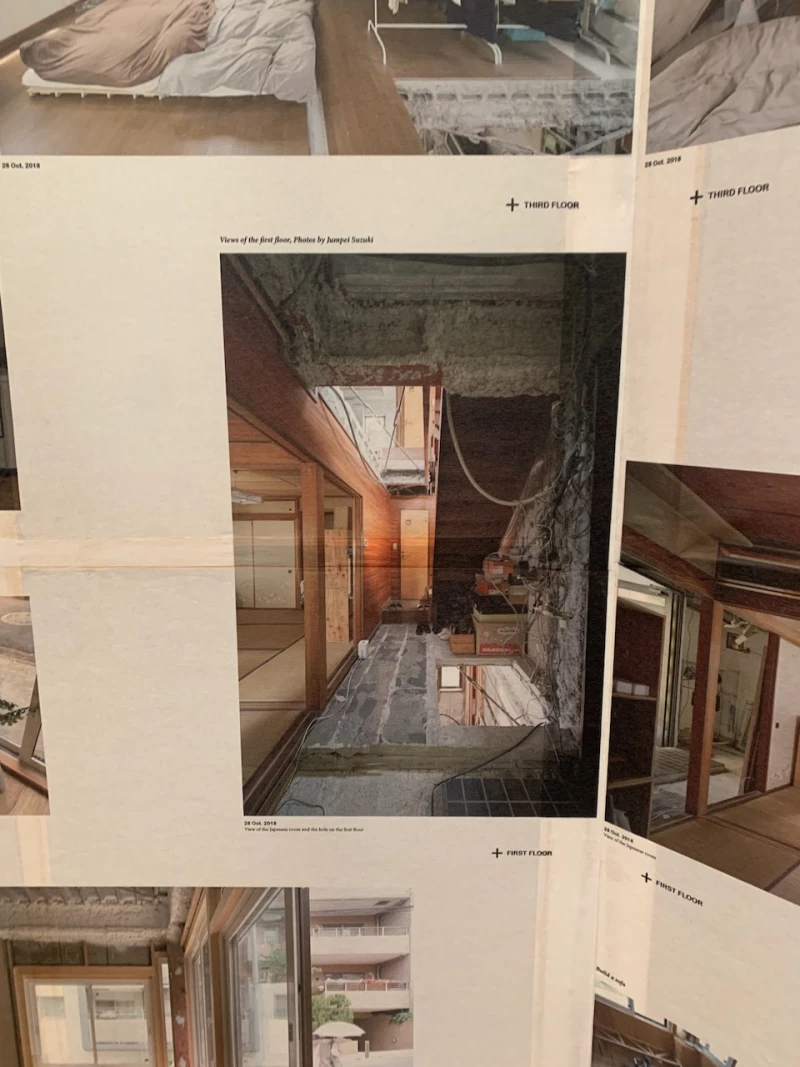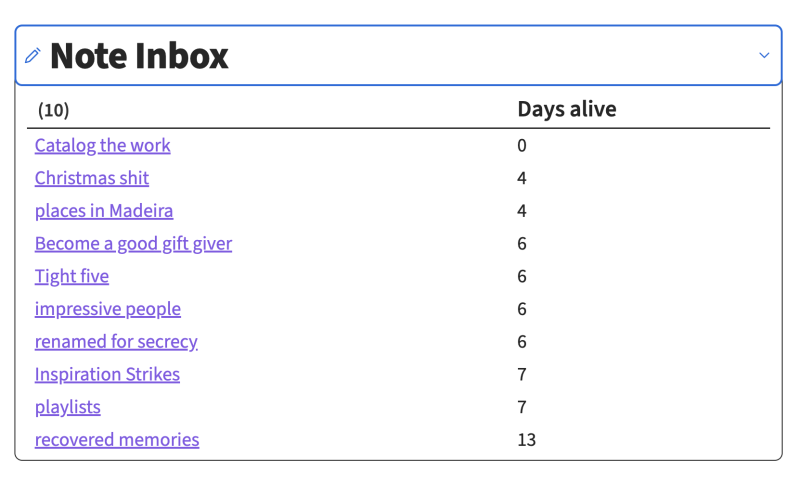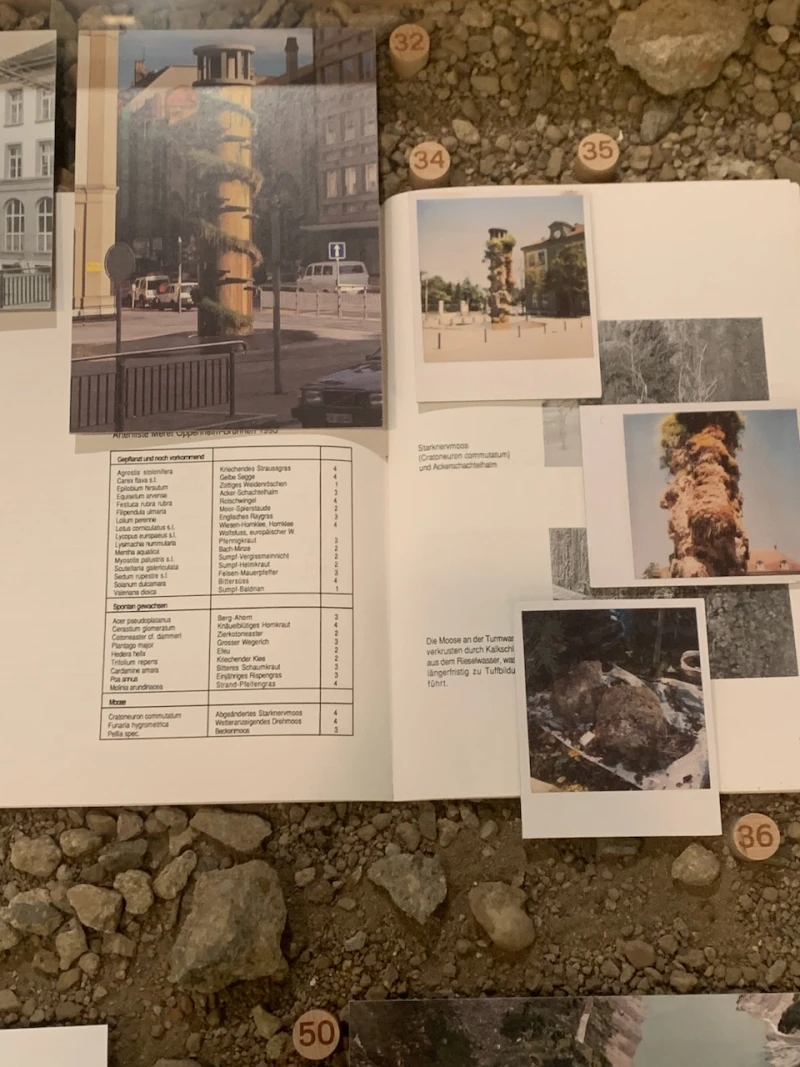On Doing Maintenance / Cataloguing the Work
I have lots of uncatalogued and unindexed 'work'. I feel weird about using the art world term 'work' in this way, but I don't know what else to call it. I'm talking about thousands of unsorted photos in Dropbox, tens of hours of Ableton projects that were interesting enough that I didn't immediately delete them, and endless screenshots of weird things on the internet that seemed somehow valuable. “Content” might be the term for this stuff - but it implies an existence oriented towards consumption, which I don't think is appropriate, and also just feels icky.
I want to do something with all this stuff - pick out the best bits, get them into a comprehensible form, and then discard the rest. But the size of the task is daunting. And it gets more daunting every day. I sometimes am able to force myself to bite off a chunk of it. But the pile keeps growing, and so the occasional biting of chunks is not sufficient.
I want to try and at least stop the problem from getting any worse. So I'm now trying to either catalog and index this stuff as it is created, or else store it in some sort of container, where you know it must be catalogued soon or else be deleted1.

How to Stop a Buildup
There are lots of ways to force yourself to do some work of cataloging and indexing. You could:
- When writing in Obsidian, create any new files in an inbox folder - where they must soon be moved or deleted. Surface the files that need to be reviewed in a weird dashboard.

- When taking screenshots or photos of interesting things, immediately add them to the right place on are.na or else throw them away.
- When recording music - export a WAV at the end of the session - even if it's not finished. Put it somewhere that you listen to it (bring back iPods). If you don't like listening to it, delete it all.
Unfortunately, most software is not built to facilitate this kind of workflow. Cloud providers are happiest when you are working in a completely integrated environment, where anything you create is saved to their cloud forever - taunting you with the possibility that something good is hidden in there - making sure that you can never leave.

Maintaining an Archive
Above I described techniques to make yourself archive things. This kind of archiving, cataloguing, and indexing feels hard and is not immediately rewarding in the way that creating new things is. It is essentially maintenance.
We went to The Great Repair at Akademie der Künste last weekend. It's an exhibition all about the value of repairing things. The exhibition opens with a reproduction of Mierle Laderman Ukeles' manifesto for maintenance art. In this manifesto, she writes about the split in her life between doing art and the various other tasks required of her as a mother and a housewife. This was doing maintenance; it was unglamorous, was perceived as less valuable, and in general, happens without anyone noticing it. She wanted to try and ascribe equal value to both the creative tasks and the tasks of pure maintenance - and her approach for doing this was to make the maintenance an artwork in itself, moving it into a gallery setting to recontextualize it as creative work.
While calling out the imbalance in maintenance labor that existed in her own relationship - and presumably in most relationships - the manifesto is clear that “Everyone does a hell of a lot of noodling maintenance work.” Besides a few very unusual people like Stephen King (who writes thousands of words every day with no exceptions), most of us spend a lot of our time working to just keep things ticking along. Our bodies, our organizations, our homes.
Random Calls to Action
I think it's worth thinking about tasks you, or others around you, perform - which feel valueless in the moment, but which are actually essential maintenance.
Pay attention to how you feel during your days. If you are in a moment of creative energy - please don't embroil yourself in an act of maintenance. I think that's how you end your life retired, telling everyone about how you never got the chance to do the one thing you actually wanted to do, still not doing whatever that thing is.
Equally, there is a mood that calls for the performance of routine maintenance. If you can recognize it, you should act on it. Doing things at the right time is the best way to do them.
Anyway, I'm off to delete 29 of the 30 identical photos I took of a Bavarian mountain.
1 This is the core idea of 'Getting Things Done' I think.